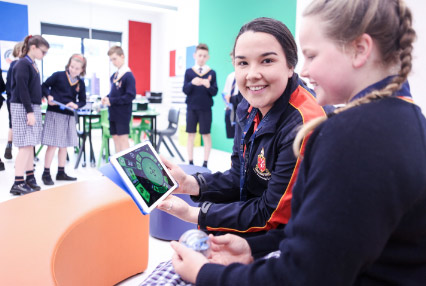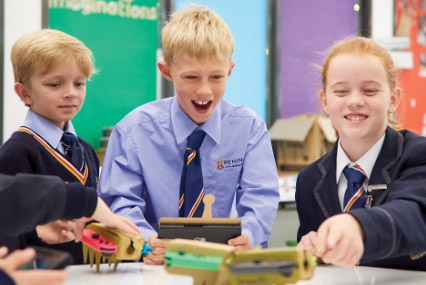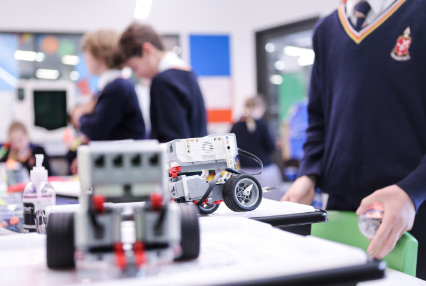The Art, Design and Technology program provides a purposeful balance between breadth and depth of contemporary and traditional practices and caters for the individual differences of students.
Students from Kinder to Year 12 are encouraged to develop an awareness of how the art and design process communicates values, ideas and meaning.
They are asked to ‘think, imagine, create and appreciate’ in our art program. Starting from Kinder, creativity, exploration, skills and processes are embraced, encouraged and celebrated.



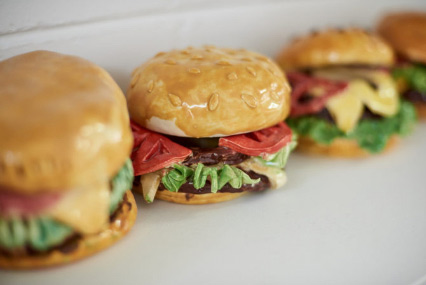
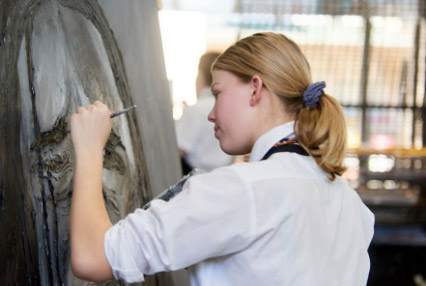
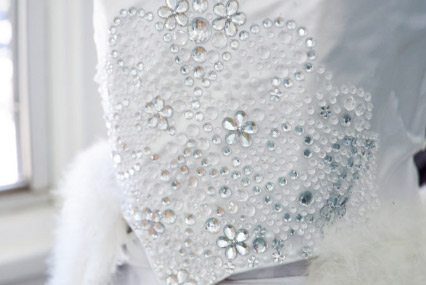
 makerspace handout (pdf)
makerspace handout (pdf)